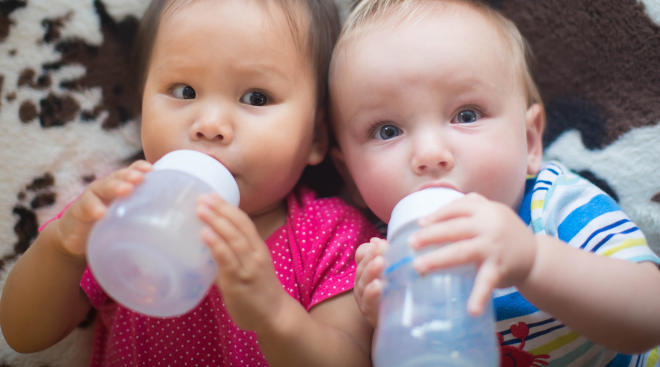when do infants start holding their own bottle
Some tots master the skill at 6 months while others take 10 months. The reason is that at this stage theyve developed the strength and.

When Can A Baby Hold Bottle 6 Easy Tips To Help With It
While the average child begins to hold their bottle between 6 to 10 months some babies may hold their bottle sooner.
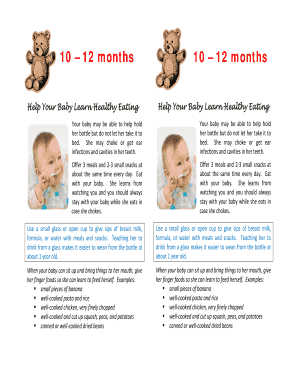
. In reality by the sixth. Your child may be able to complete this task at around 6 months possibly after 10 months but dont be surprised if she doesnt. When do babies hold their own bottle.
Observe your babys reaction when you feel that he can handle holding the bottle independently. This is because their motor skills are fine tuned and their. Some babies can hold their own bottles as early as 6 months old while others may not be able to do so until they are 7 or 9 months old.
Observe your babys reaction when you feel that he can handle holding the bottle independently. Bottle feeding is an important milestone. This usually happens at around 6 to 10 months of age.
Watch Your Babys Reaction. They need to develop their fine motor skills to do this. Your baby has to master a few skills first including holding the bottle in her hands and lifting it to her mouth to drink.
Others may hold it later. When you remove your hands he should be able. Babies can hold objects even one in each hand when they are 8 or 9 months old which is closer to the average and guide them where.
From the age of six months a baby should be able to hold a bottle and this is when their motor skills for moving items from hand to hand are developing. According to scientists most babies show their readiness to hold a bottle when they are 8 or 9 months old. But children are unique in their cute ways and.
When you remove your hands he should be able to. Most babies wont have the skills needed to hold their own bottle in place until they are six months old 1 although there are some babies who reach this stage earlier than. And by 12 months its best to boot the bottle altogether.
Newborns can clutch with their hands early on due to an. When Do Babies Start Holding Their Own Bottle. However the average range is six to eight months.
If it is later dont panic just yet. When Do Babies Start Holding Their Own Bottles From the age of six months a baby should be able to hold a bottle and this is when their motor skills for moving items from hand. Typically average babies start holding their bottles at the age of 6 to 10 months.
Because every baby develops at a different rate theres no predicting exactly when hell hold his own bottle. Most babies may begin holding their own bottles by the time they are able to sit on their own and practice grasping objects. Watch Your Babys Reaction.
Contents show 1 Baby refuses to hold bottle 2 Checking for Readiness 3 Encouraging Self-Feeding 4 Keeping Your Baby Safe 5 How do I teach my baby to hold his own. But some babies do it earlier while others do it later nine or ten months old. Most babies are ready to start drinking from a sippy cup between 6 and 9 months according to the AAP.
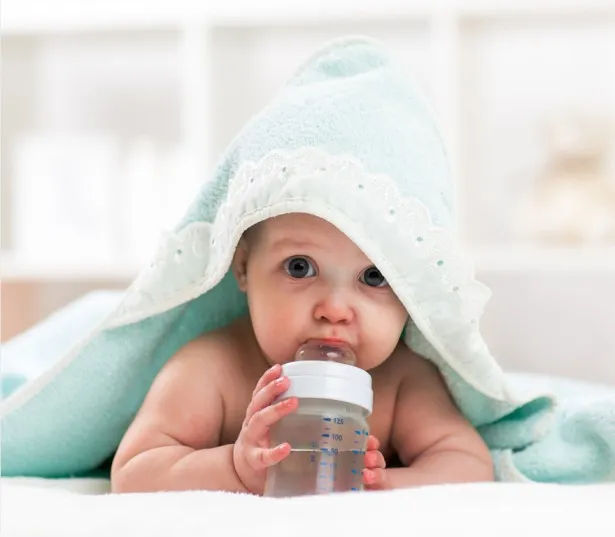
When Can A Baby Start Holding The Bottle On Their Own
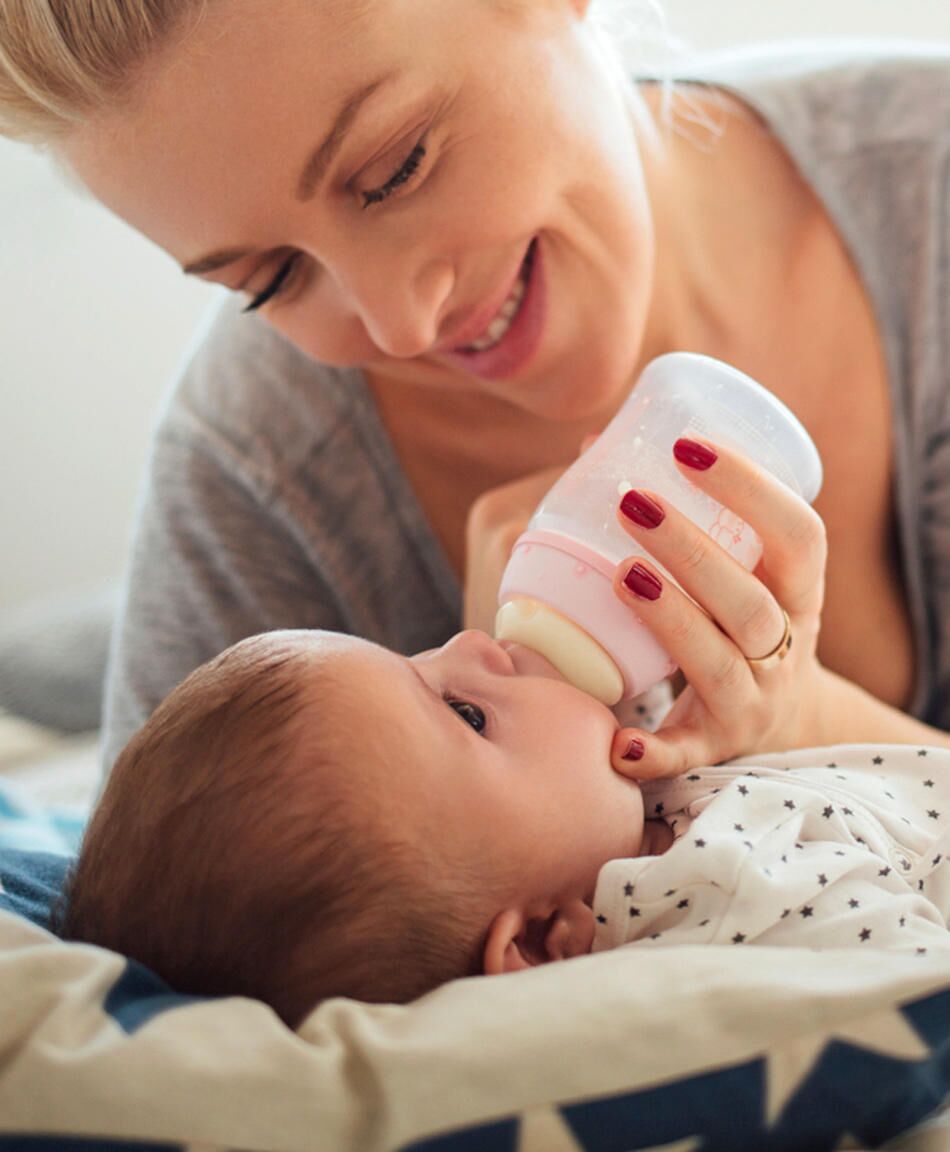
When Do Babies Hold Their Own Bottle
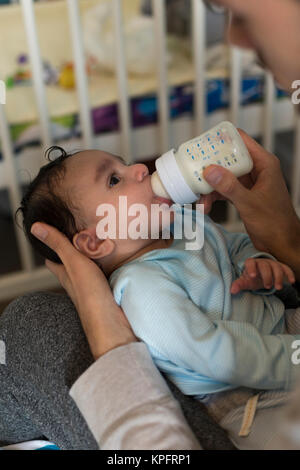
Baby Bottle Time Stock Photo Alamy
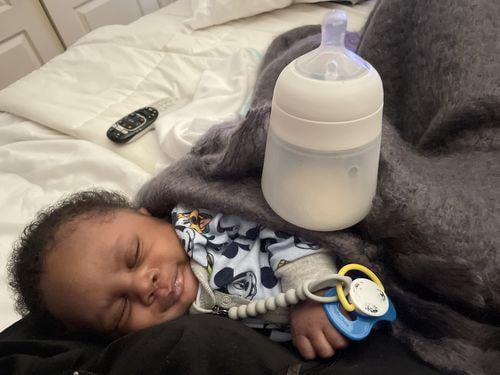
Nanobebe Baby Bottle Nipples Slow Flow Medium Flow Fast Flow Premie Flow Y Cut Walmart Com
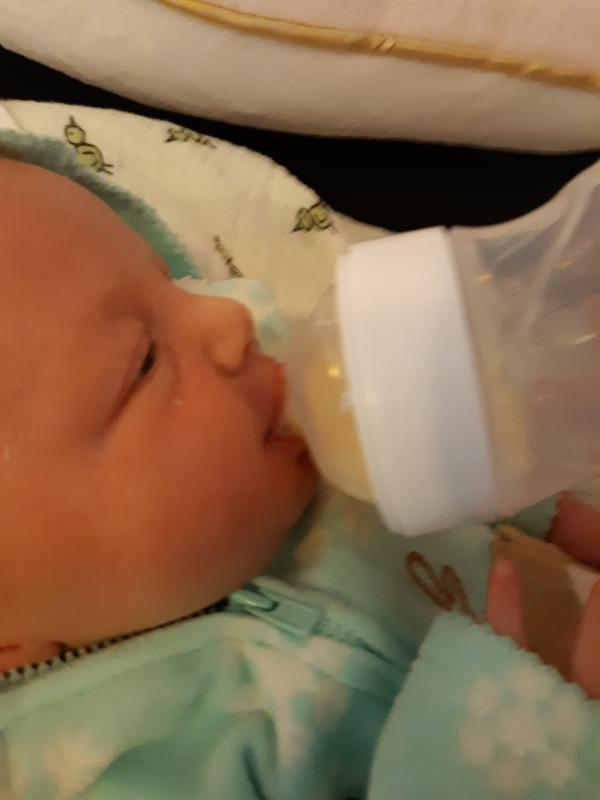
Playtex Ventaire Baby Bottle Wide Advanced 9 Oz Kroger

Impressive Baby Appears To Feed Himself From Milk Bottle At Just 18 Days Old The Sun
When Do Babies Start Holding Their Bottles

Baby Bottle Bootcamp My Plot Of Sunshine
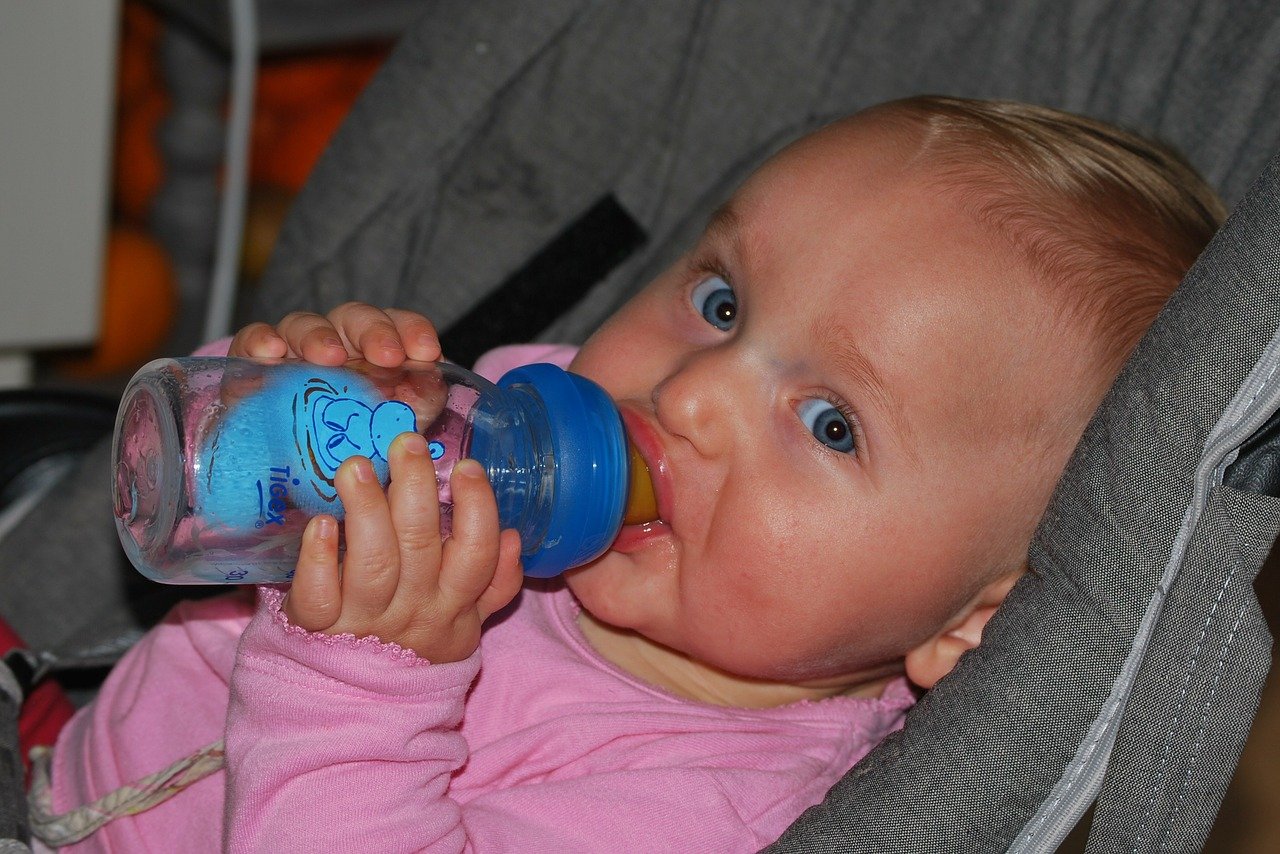
When Do Babies Hold Their Own Bottle Mom News Daily
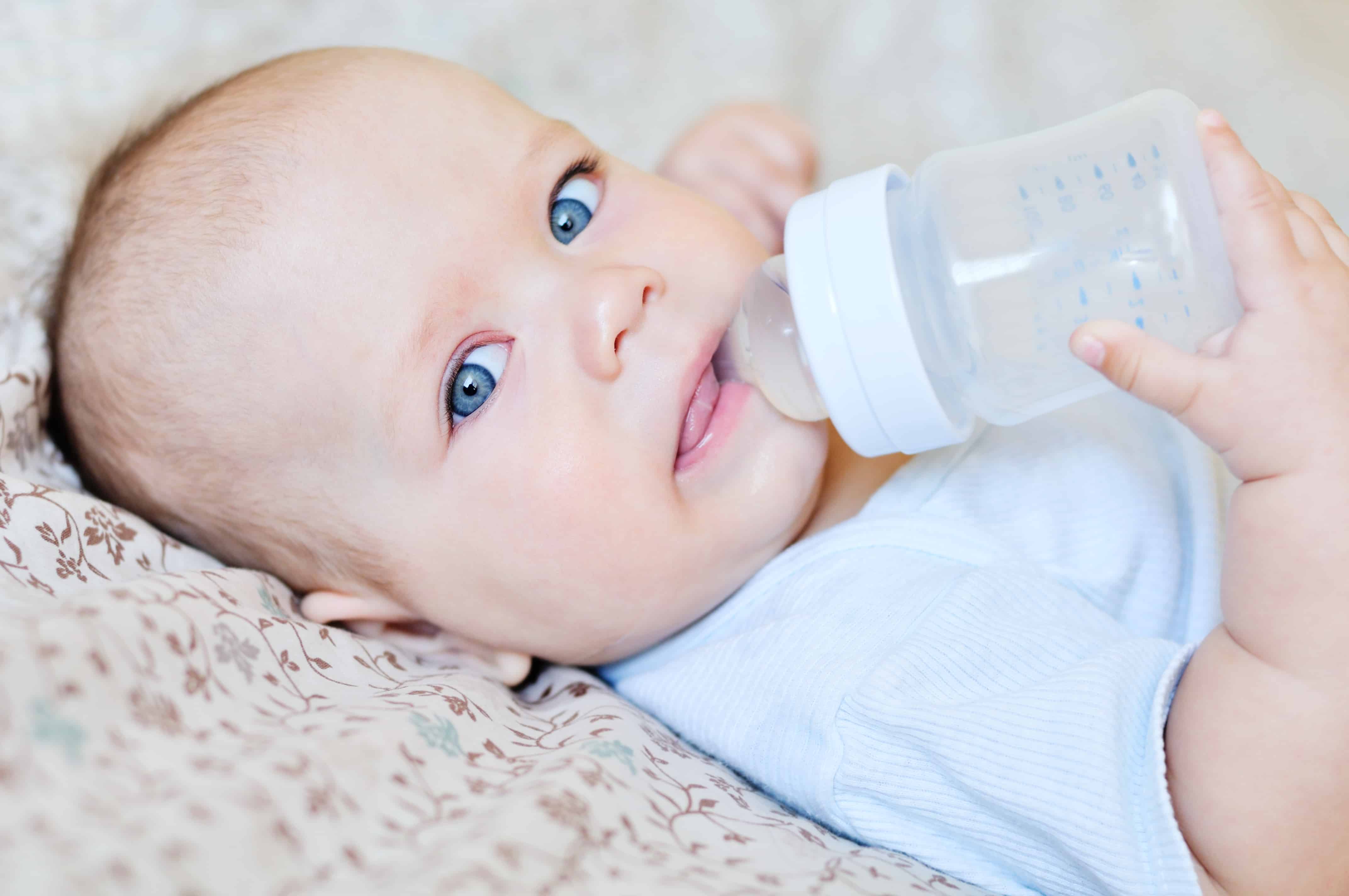
When Should Baby Be Holding Bottle Full List Of Adaptive Skills From 6 9 Months
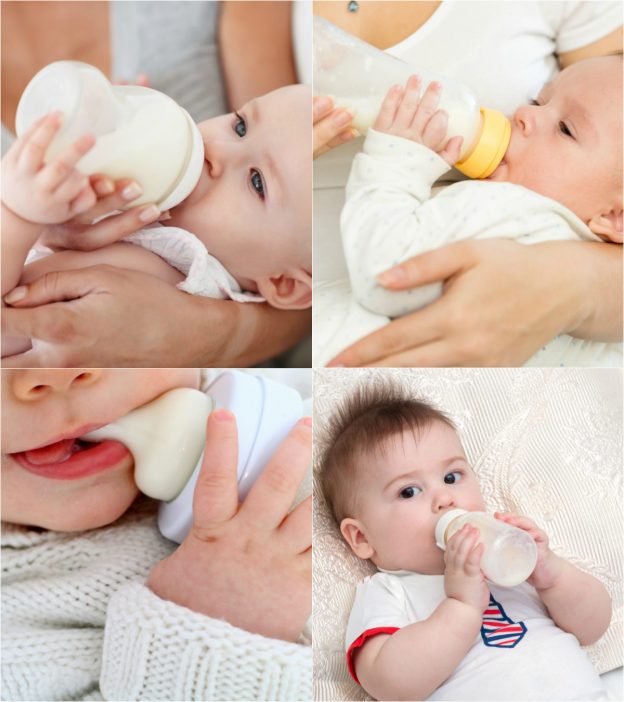
When Can A Baby Hold Bottle 6 Easy Tips To Help With It
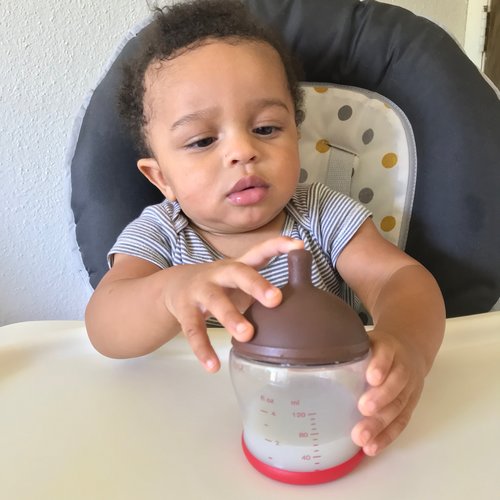
How To Prevent Or Overcome Bottle Refusal Mimijumi

3 Ways To Get Your Child To Hold Their Own Bottle Wikihow

When Do Babies Hold Their Own Bottle Tips To Help Do Baby New Baby Products Baby Care Tips

When Do Babies Hold Their Own Bottle Average Age And More

Amazon Com Compatible Bottle Handle For Comotomo Pack Of 2 Pink Baby
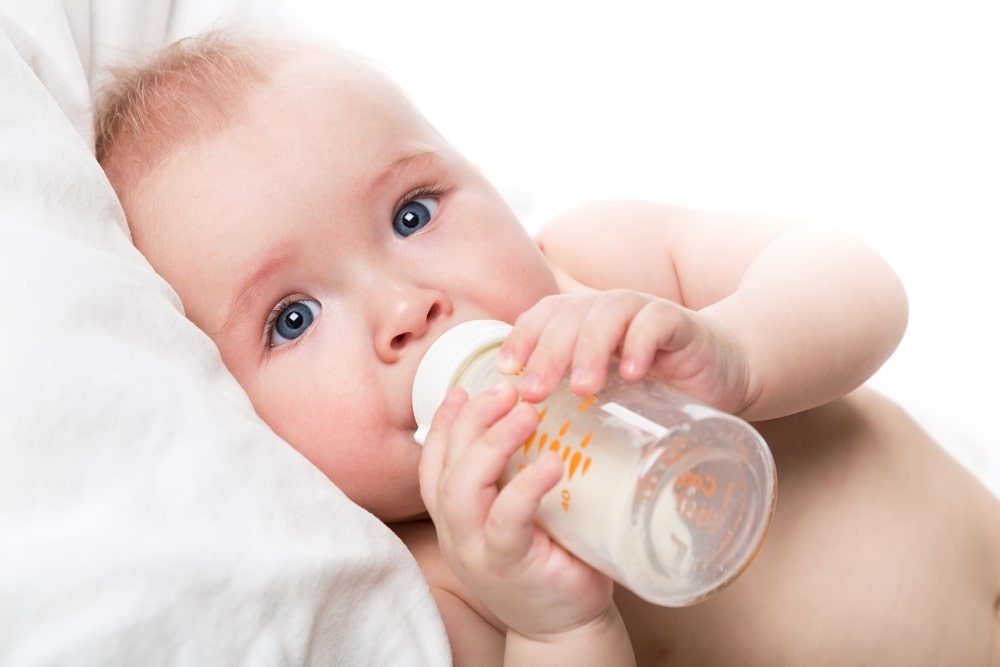
When Do Babies Hold Their Own Bottle The Average Age And More

